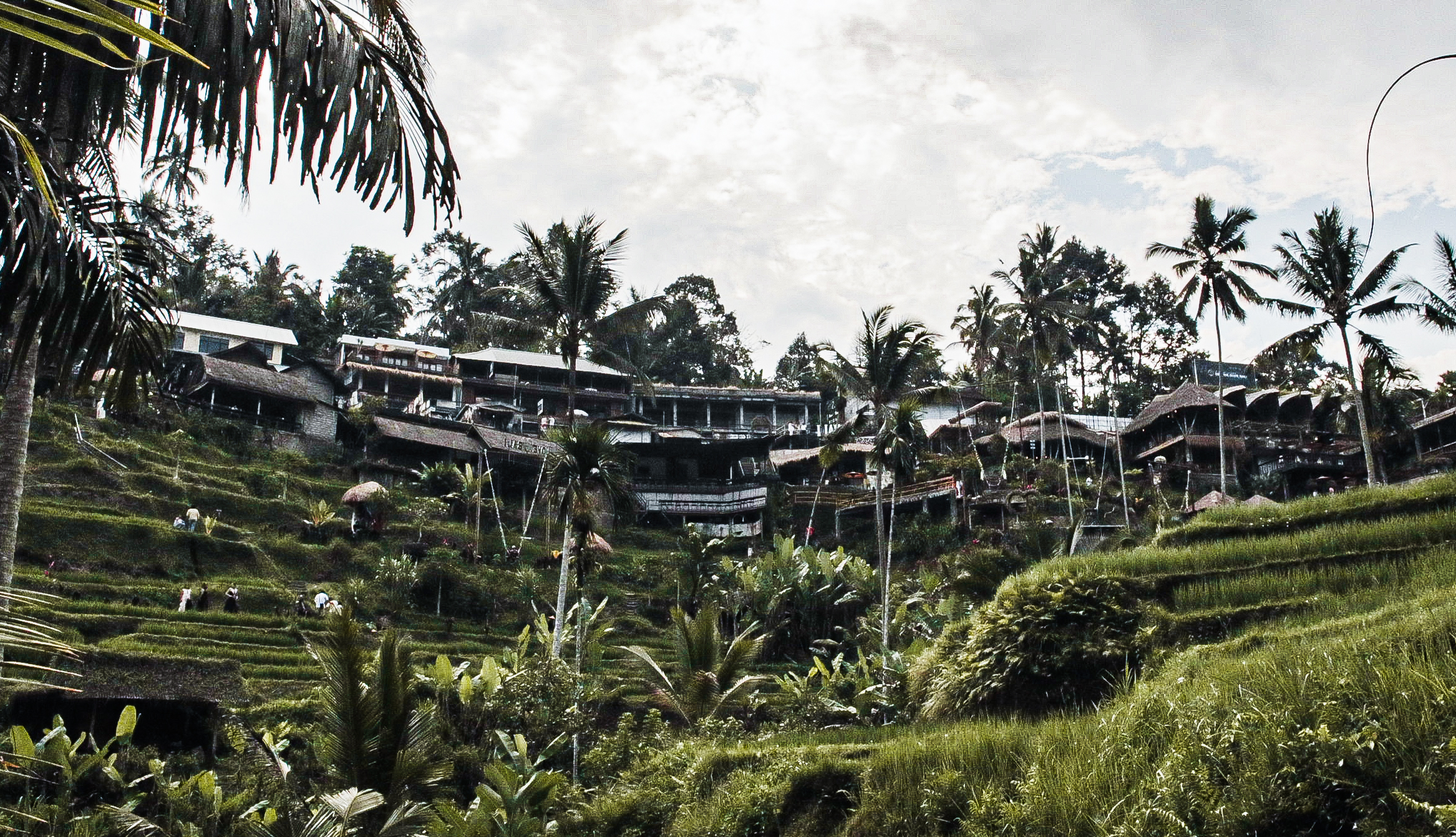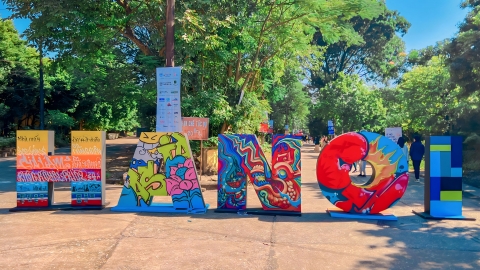Religion and Beliefs in Bali
The first captivating aspect of Bali is the prominence of its local beliefs, which sets it apart from other destinations in the archipelago.
Indonesia is the largest Muslim-majority country on the planet. Despite being located in Southeast Asia, Indonesia has 280 million Muslims (accounting for 93% of its total population). Yet, Bali – the heart of tourism and the jewel of the country – is a sacred site of Hinduism, with over 10,000 temples.
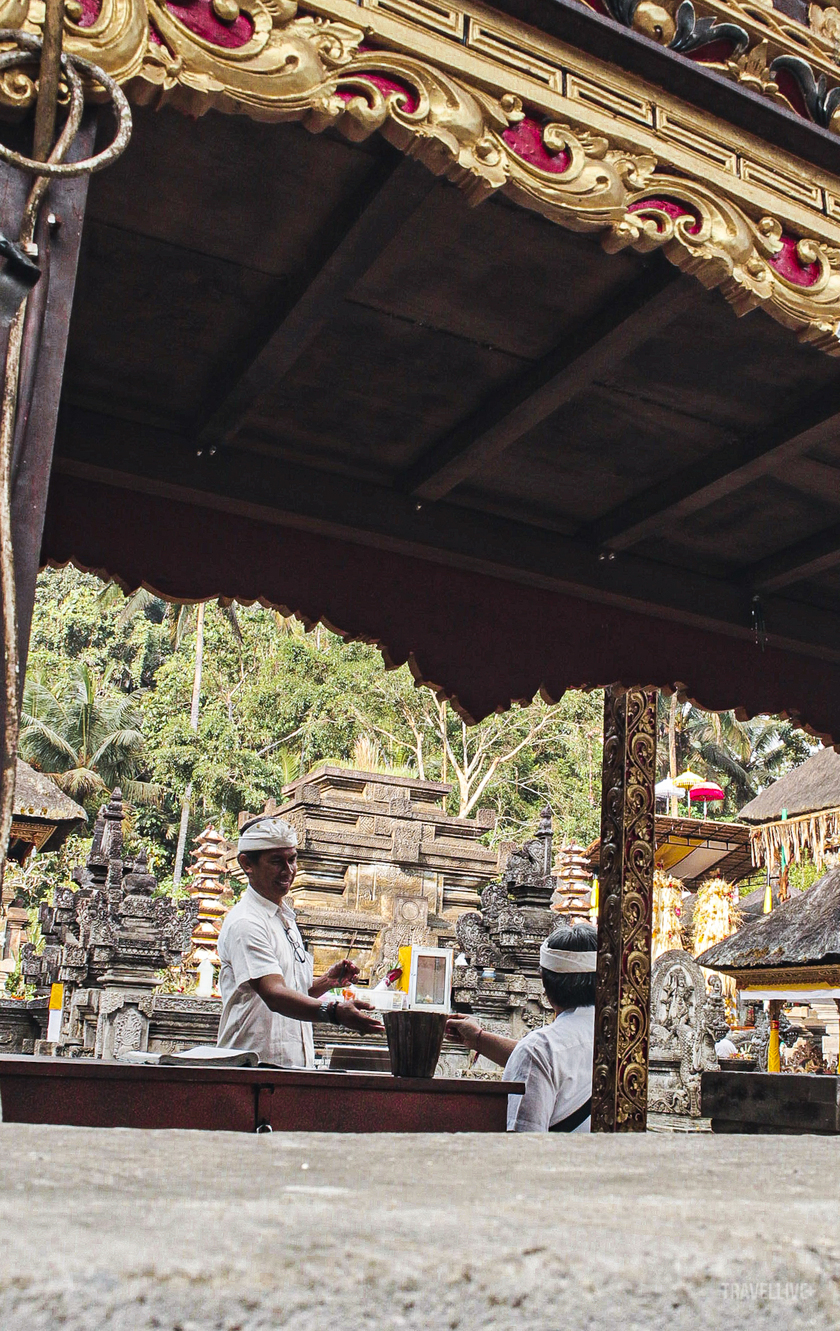
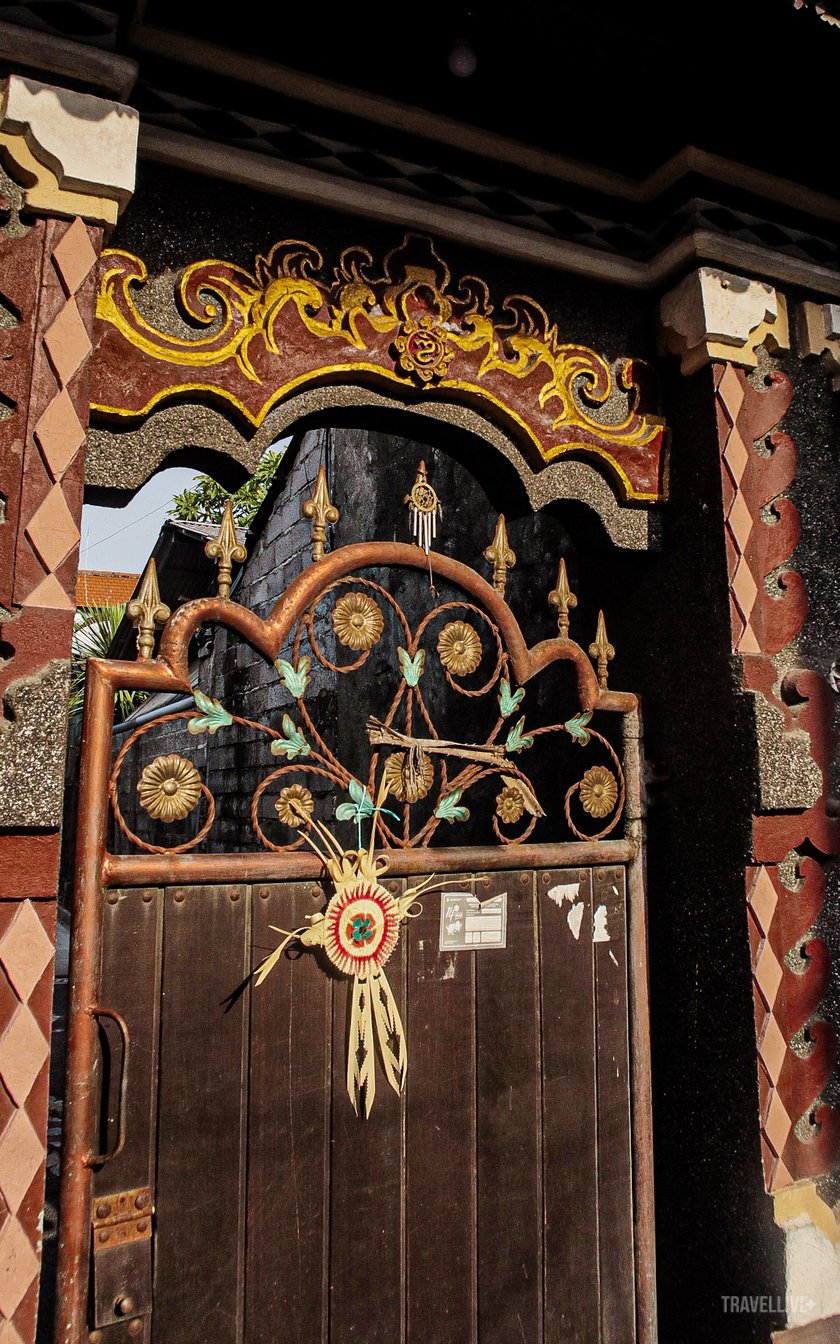
The influence of Hinduism is deeply felt throughout Bali.
Historically, the geographical location of the Indonesian islands made them an ideal stopover for Indian and Chinese merchant caravans. Naturally, the Balinese adopted Hindu philosophy from the Indians and Buddhism from the Chinese. Centuries later, as maritime trade developed, Arab merchants flocked to the area, bringing with them their belief in Allah. By the 17th century, most of the small states in the west and north of the archipelago had completely converted to Islam.
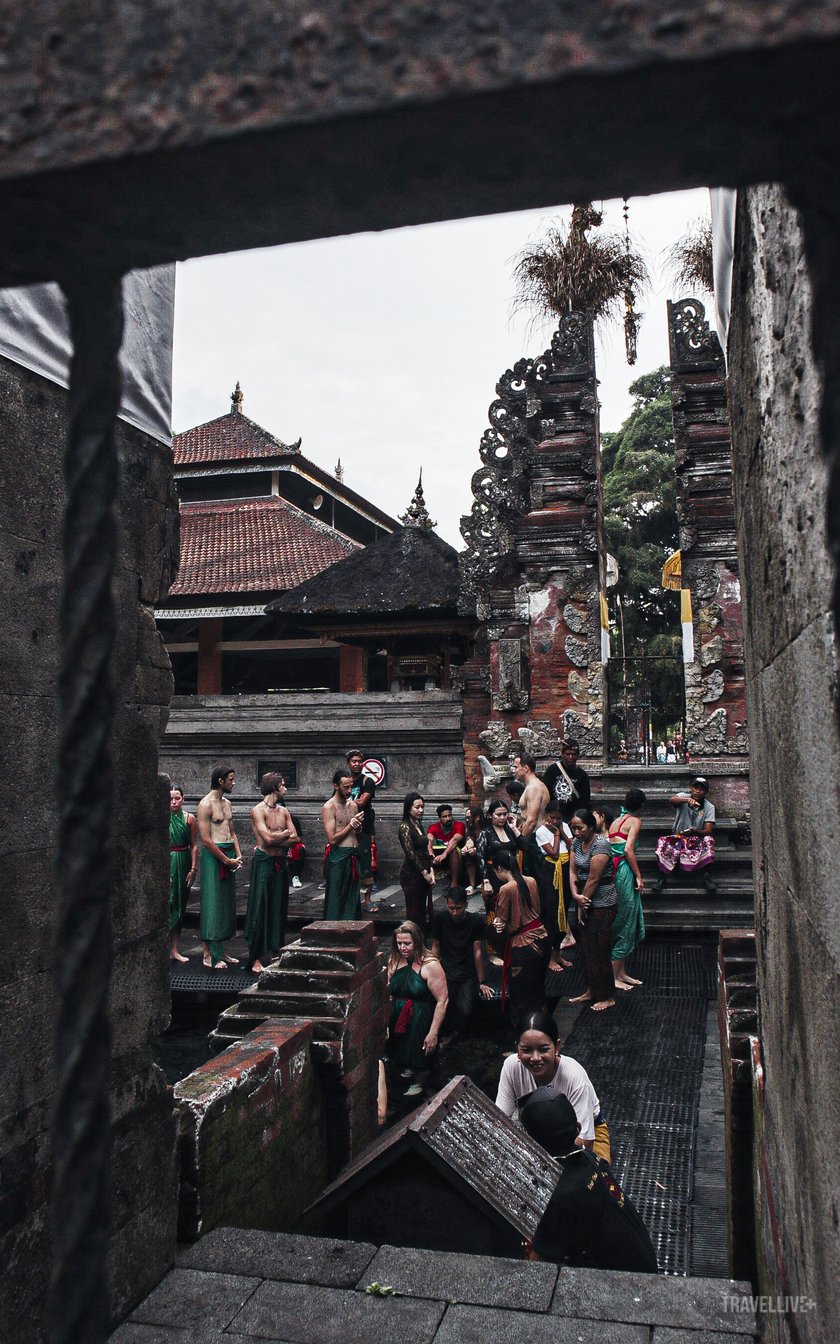
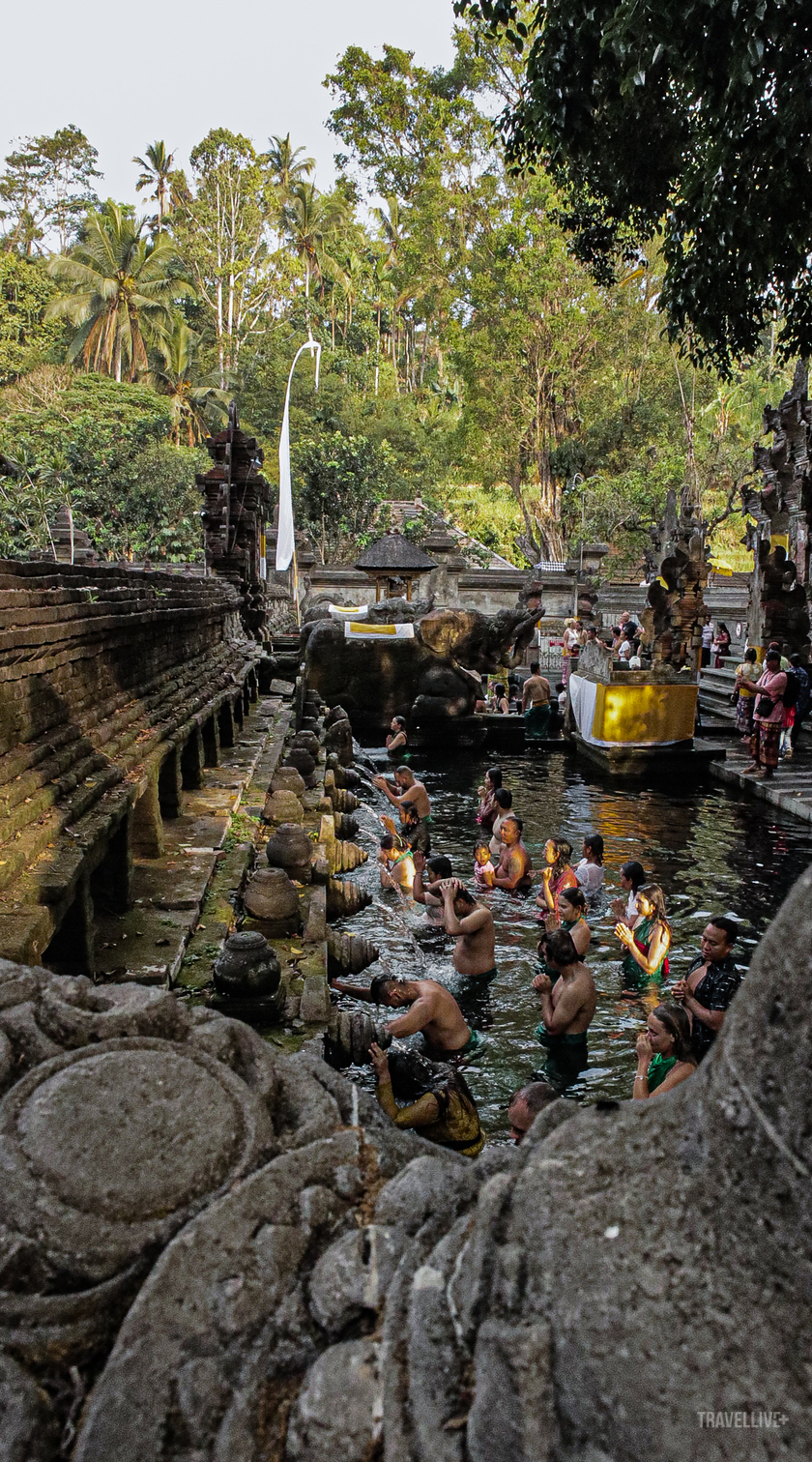
Sacred temples have always attracted many tourists.
Geographically, thanks to being "sheltered" by neighboring islands, Bali was not heavily influenced by the Islamic wave, becoming a relatively "closed" region culturally and not assimilated with the surrounding islands. Furthermore, because it was outside the Islamic trade routes, Bali was not affected because its leaders had no reason to convert to Islam.
Historically, communities in Southeast Asia tended to follow the religion of their leaders. These leaders often pursued conversions to other religions to promote trade and commerce. At that time, the Muslim trading system flourished, yielding significant economic benefits and welcoming anyone who wanted to join. As a result, many community leaders in the region converted to Islam.
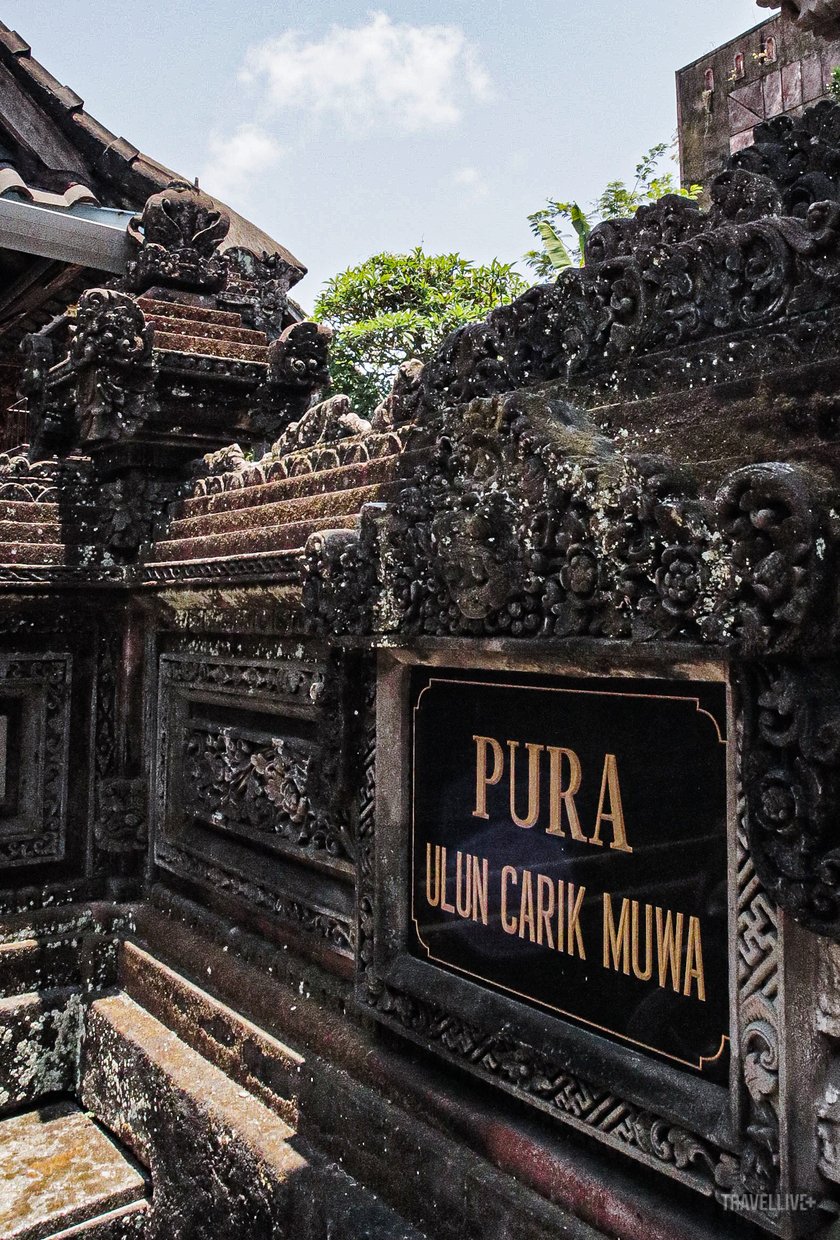
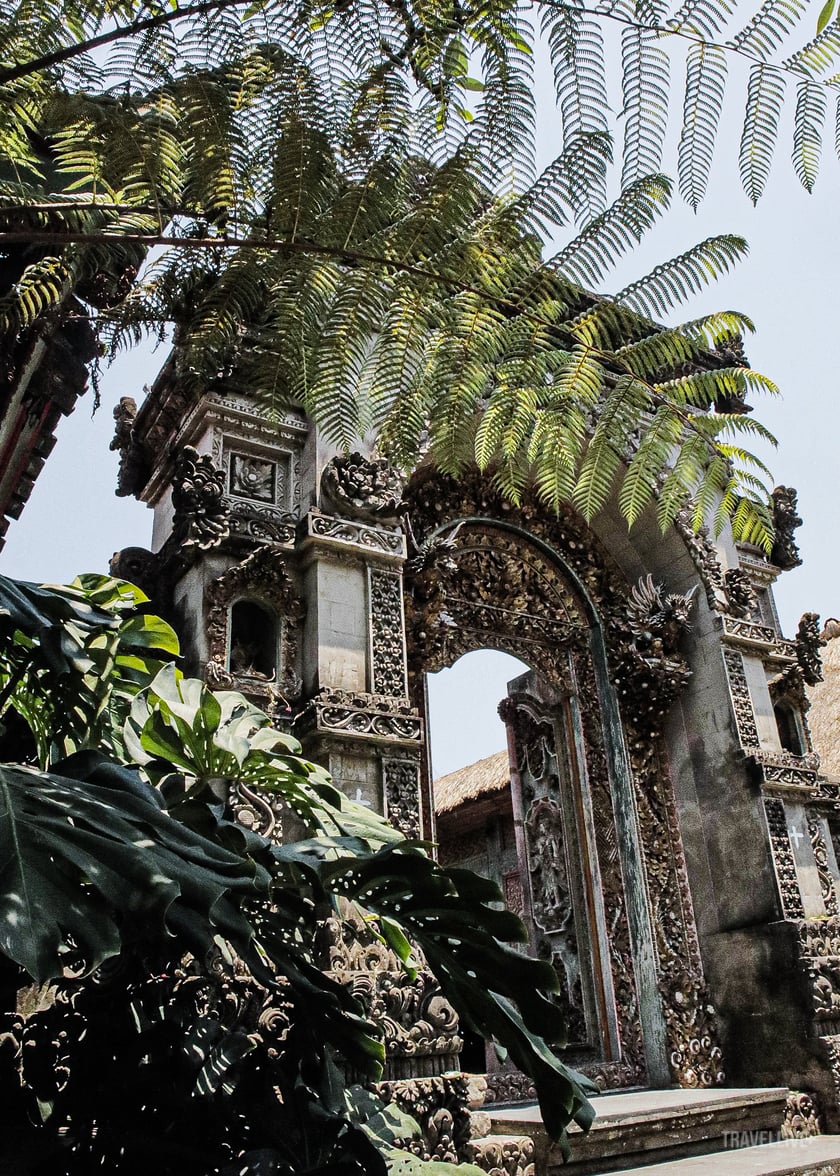
Hindu temples can be found in every corner of Bali.
Bali Sky Gate
The iconic symbol of the Island of a Thousand Temples (another name for Bali) is the Gate of Heaven, known locally as Candi Bentar. The most famous of these is undoubtedly the Gate of Heaven at Lempuyang Temple, however, you can find this symbol almost everywhere in Bali, from small temples to restaurants, hotels, and even the homes of locals.
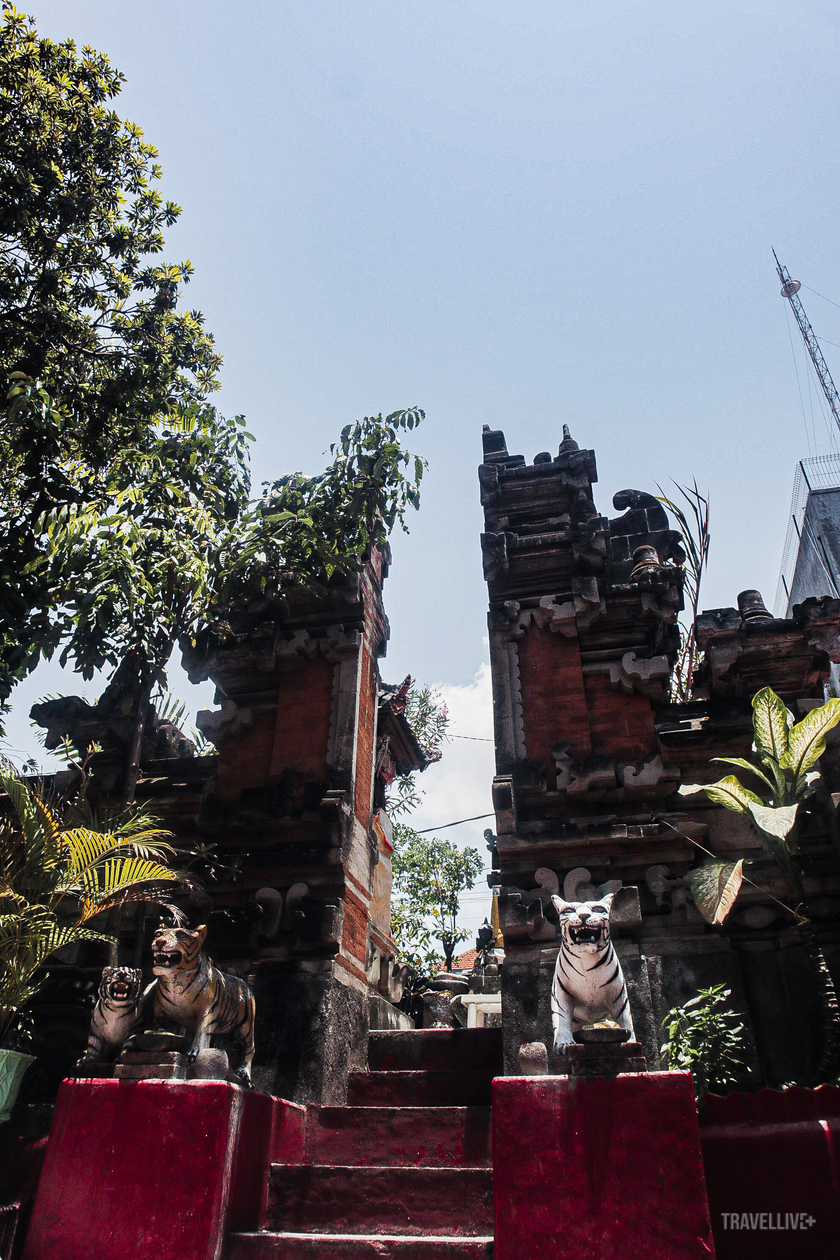
Candi Bentar symbol in a Balinese temple
Hindus in general, and the Balinese in particular, believe that mountains are sacred places, the dwelling places of the gods. Therefore, these Candi Bentar symbolize mountains split in two, guiding mortals into sacred land, connecting two worlds. Furthermore, the symmetry of this structure also symbolizes the opposing energies that create balance in life, such as day-night, good-evil, male-female, sadness-joy, and many other parallel conceptual pairs.
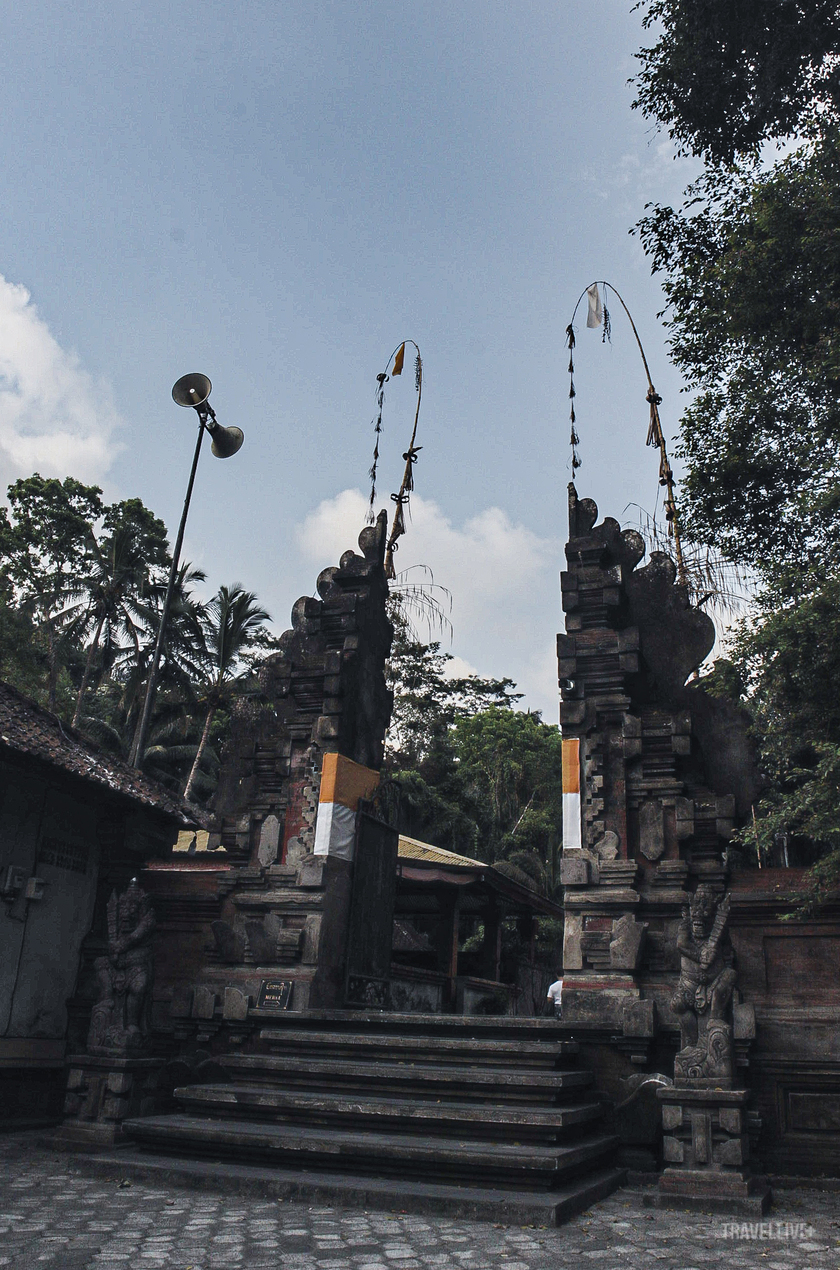
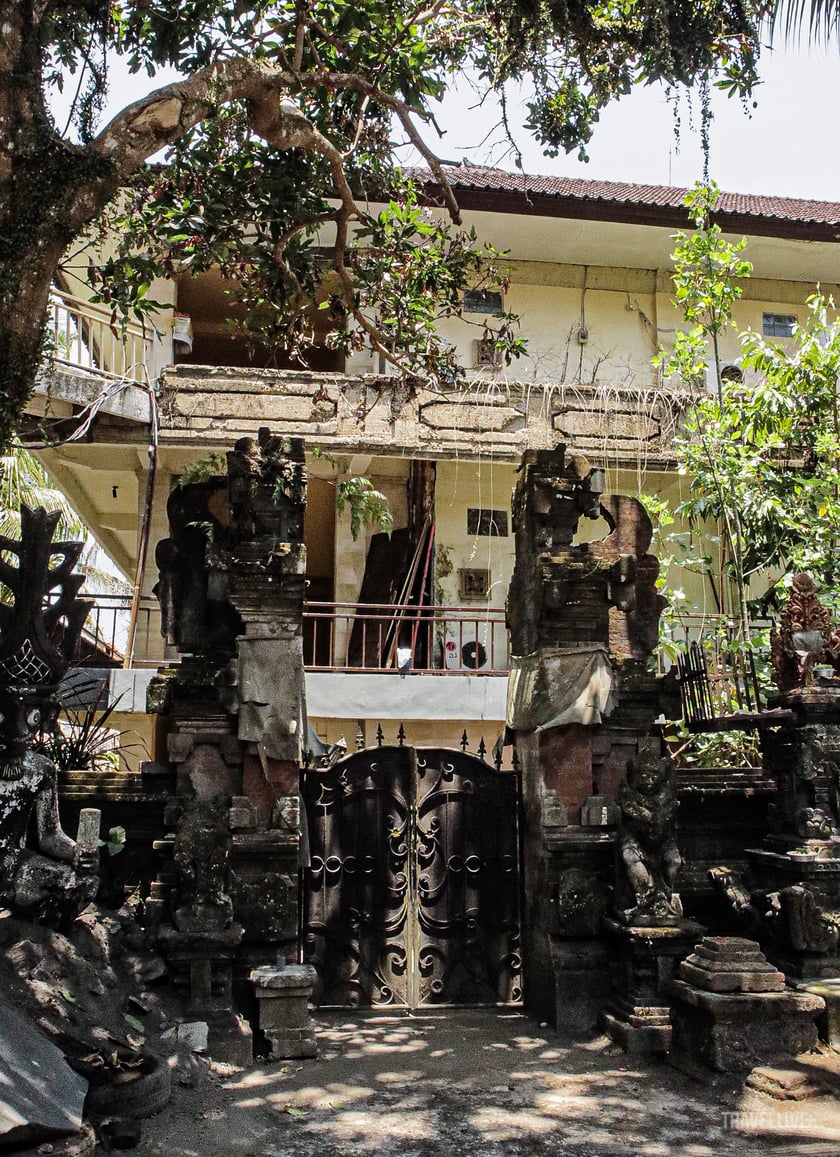
Candi Bentar symbolizes mountains split in two, guiding mortals into sacred land.
People of Bali
Every morning, from dawn, they offer Canang Sari and light incense at almost every location in their home: temples, cars, motorcycles, and the gates of walls separating different living spaces. The Canang Sari, contained in small, beautiful pouches filled with flowers, sweets, and incense, symbolizes gratitude and prayers for peace offered to the Hindu deity Ida Sang Hyang Widhi Wasa (the supreme deity in Hinduism on the island of Bali).
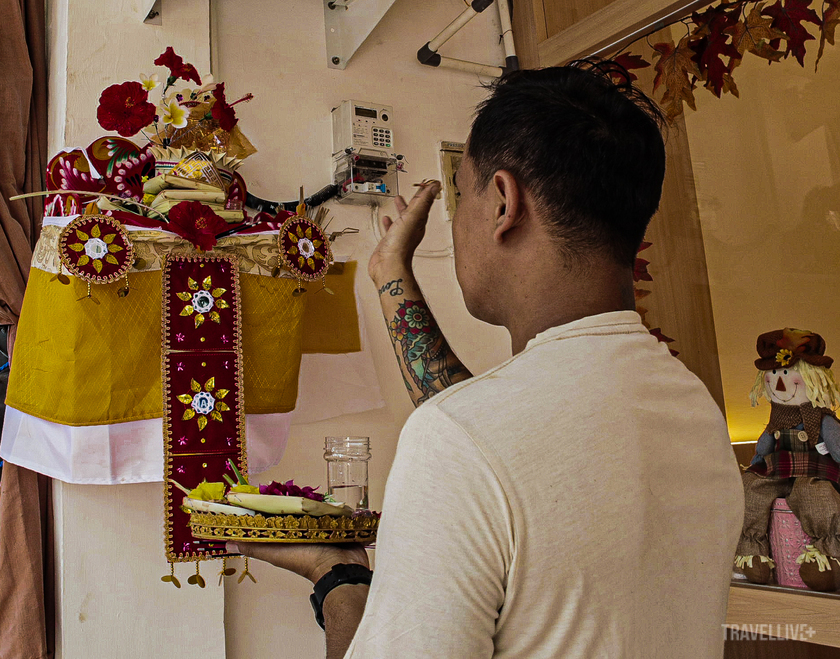
The Balinese offer sacrifices every day.
Interestingly, you can find offerings everywhere, even on sidewalks and in the nooks and crannies of old temples.
The Balinese people are known for their "slow but steady" approach; perhaps the most beautiful aspect of their faces is their smiles and serenity at every moment of the day. Locals prioritize cleanliness and privacy at all times. They love open spaces and natural surroundings, and they favor wood and rustic materials, while still maintaining traditional architectural features in their house construction.
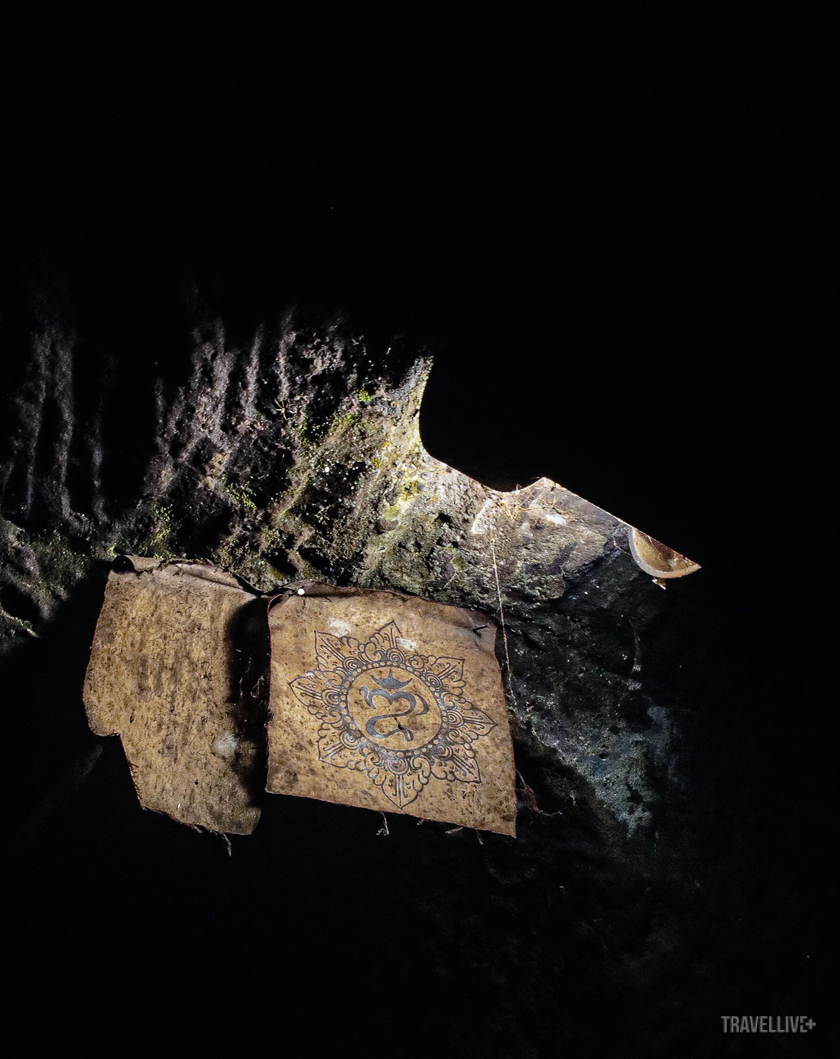

Religious beauty in Bali
When I arrived in Bali, I spent time visiting other religious sites, such as Catholic churches, Buddhist temples, and mosques, all of which had their own unique characteristics. One thing is certain: the people are extremely harmonious and never cause each other any trouble. Many locals told me this, and I felt it very strongly during my stay.
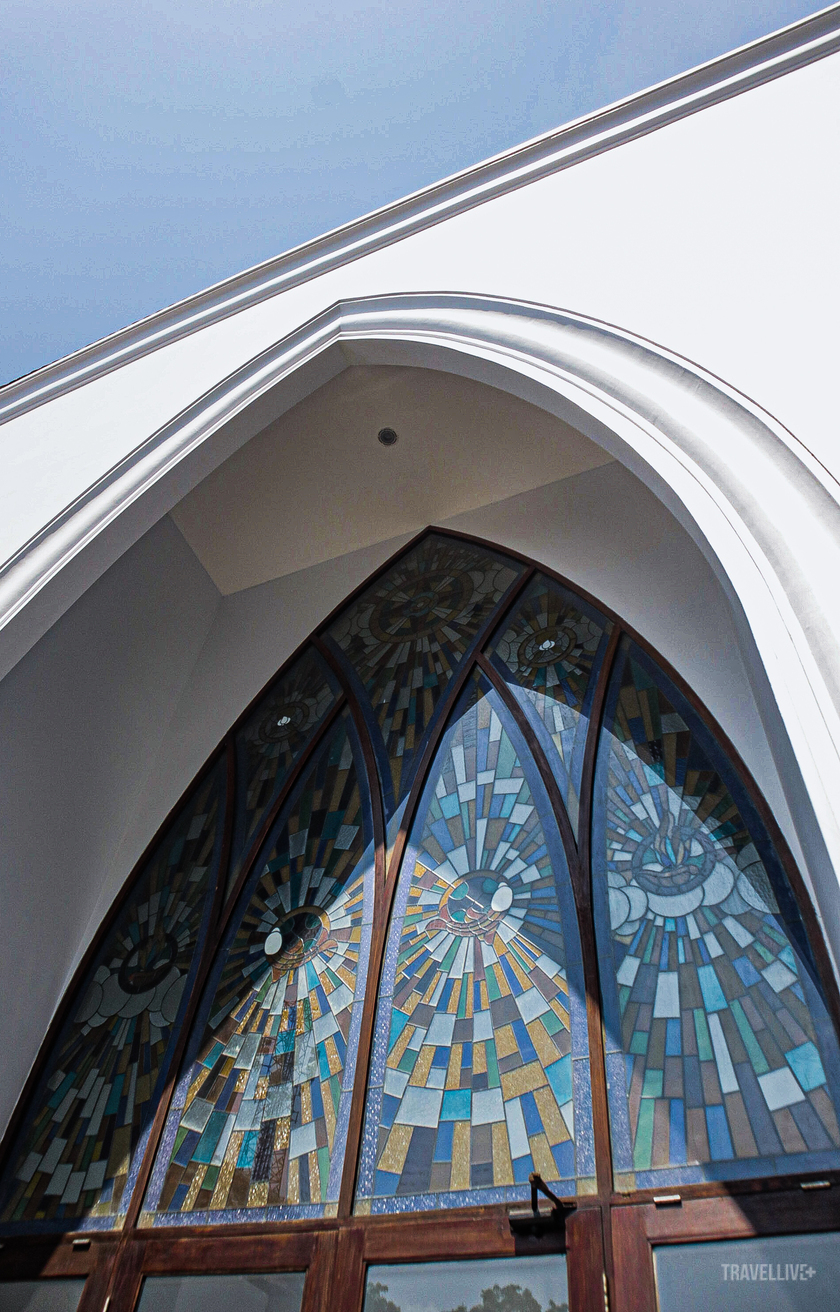
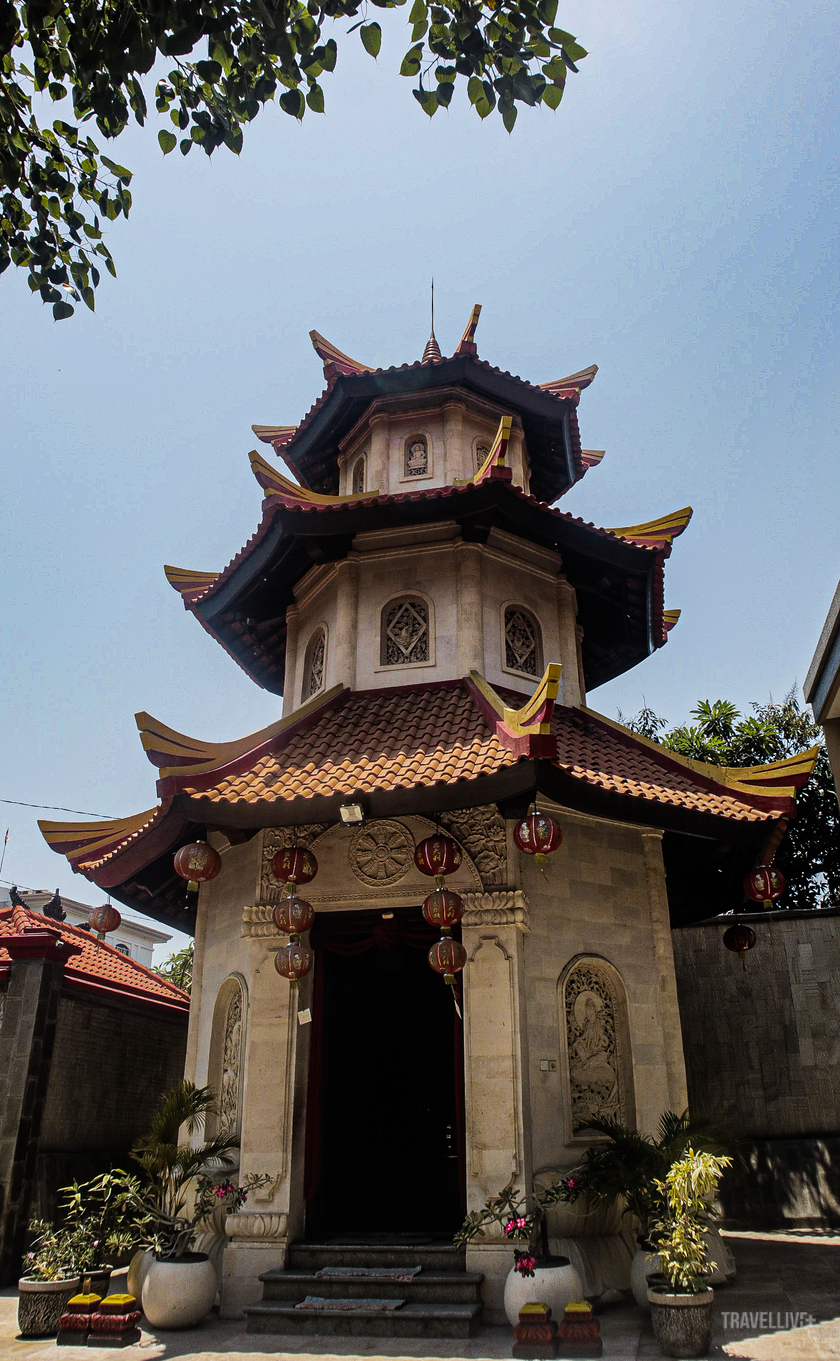
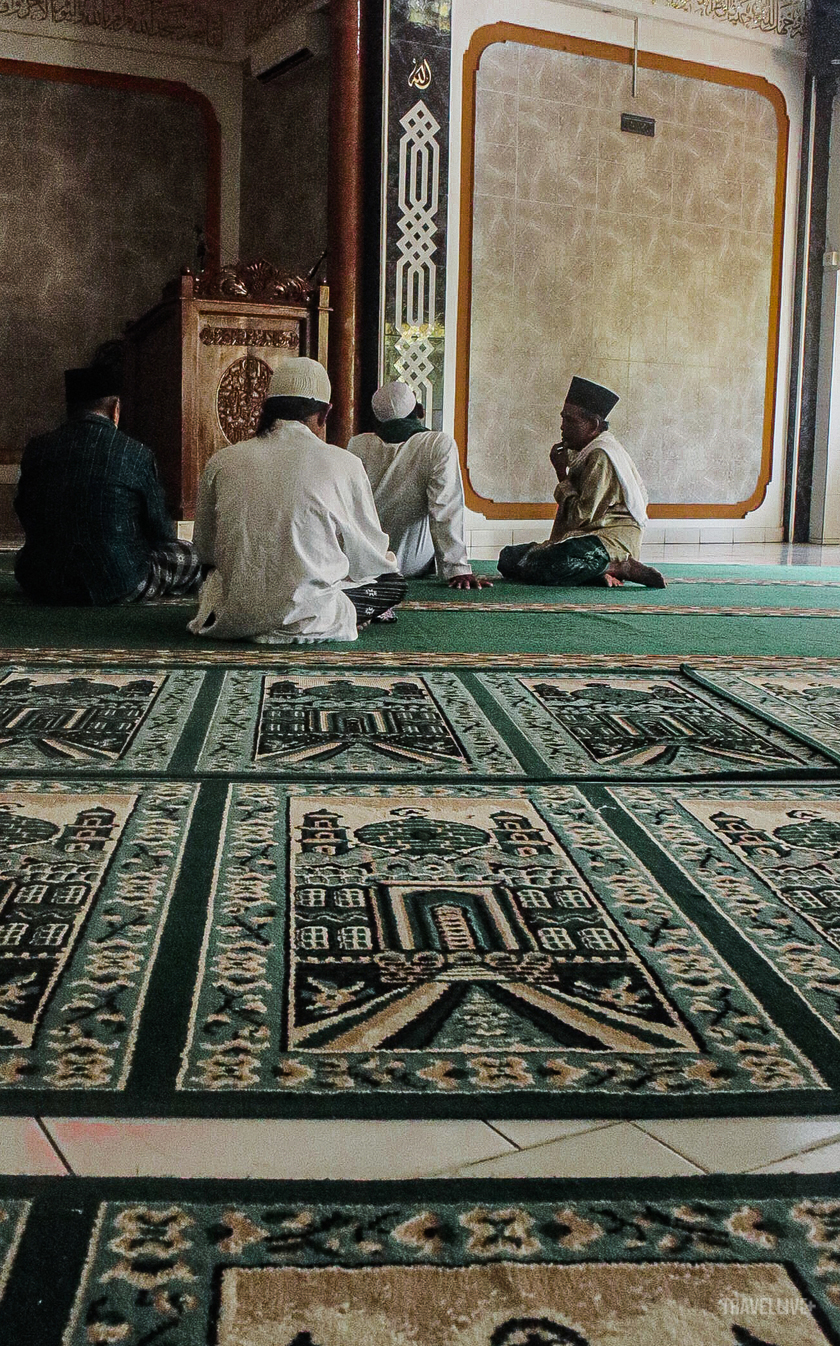
Love nature
Although tourism is a strength and a key economic sector in Bali, nature still plays a vital role and is preserved and protected as if it were the very breath of the island. The Balinese people deeply love nature and are always connected to the lush forests and verdant fields of the island.
Passing through Canggu, one encounters endless stretches of lush green rice paddies; it is also a land of yoga and meditation classes, where visitors from all over the world find a slower pace of life, a greater appreciation for gratitude, and a return to the wildness of nature.
For centuries, the Hindu people of Bali have practiced yoga, studied scriptures, art, and science, and learned to live simply and with a disciplined lifestyle. They cultivate truthful speech, work without forgetting the spirit of Dharma, serve the elderly, and respect their parents, teachers, and honored guests as they would the gods.
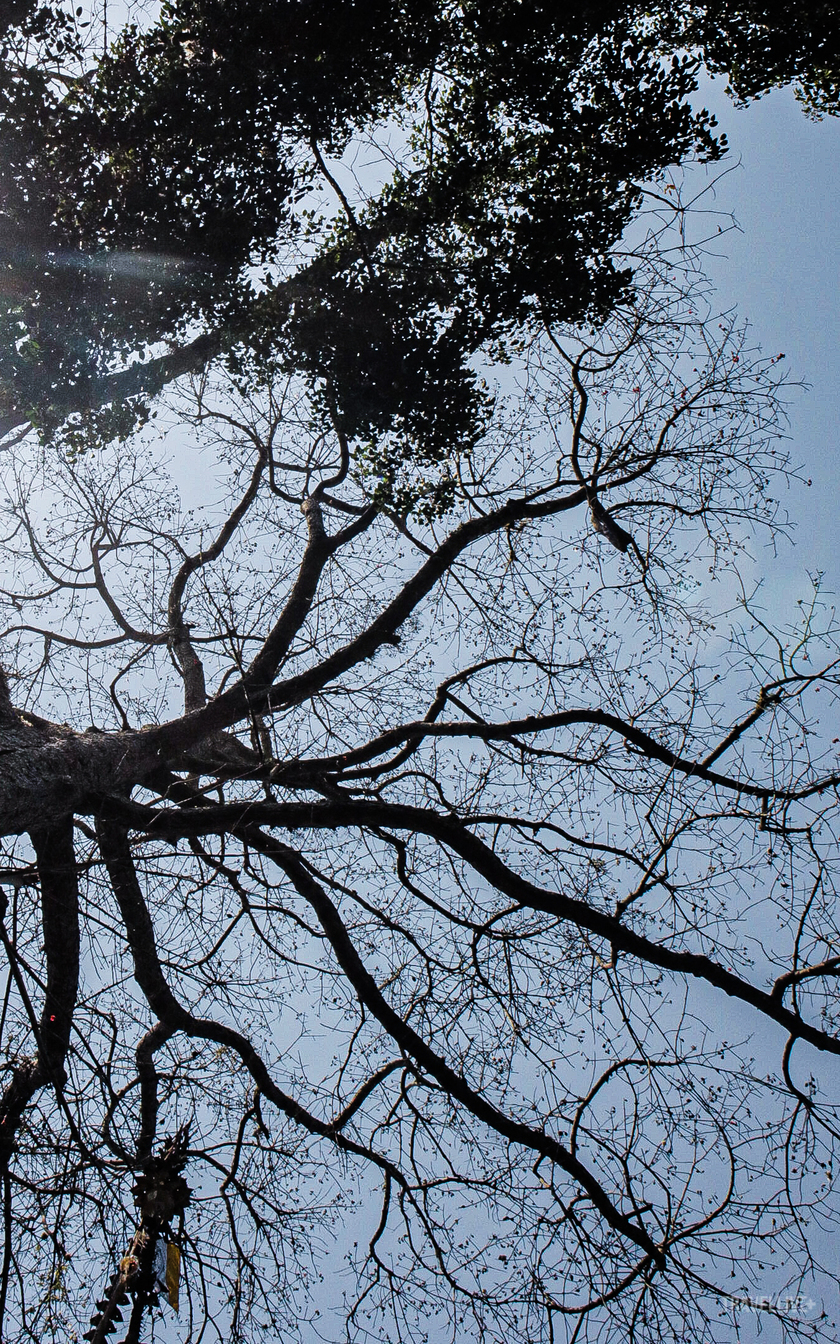
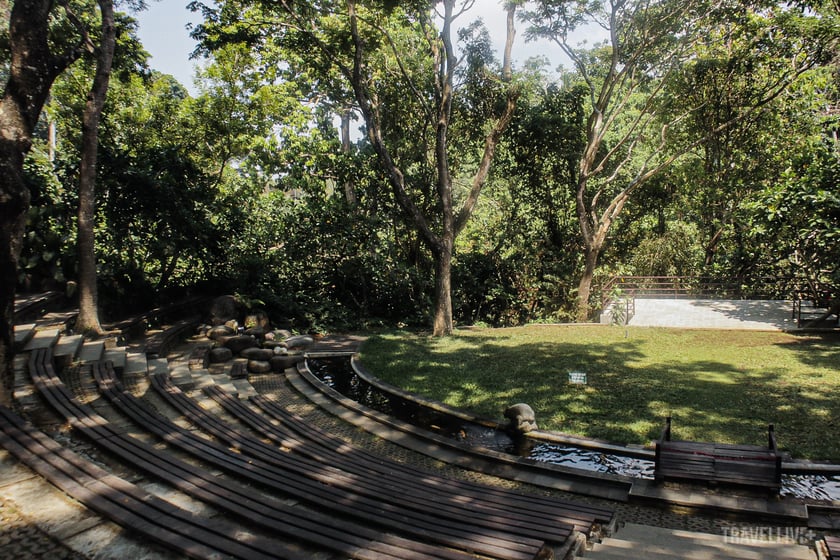
The natural beauty of Bali will make you want to stop and rest.
The story of Liz, the female protagonist in "Eat, Pray, Love," who found love and happiness and reconnected with herself in middle age after her time in Bali, is a wonderful inspiration, a famous testament to the charm, uniqueness, and authenticity of Bali.
And finally, while we are still captivated by exploring and deciphering this island, Bali remains there, extending its arms to adventurous souls who wish to breathe in the sacred air, find their inner selves, connect more deeply with themselves, and forge a bond with the nature around them.
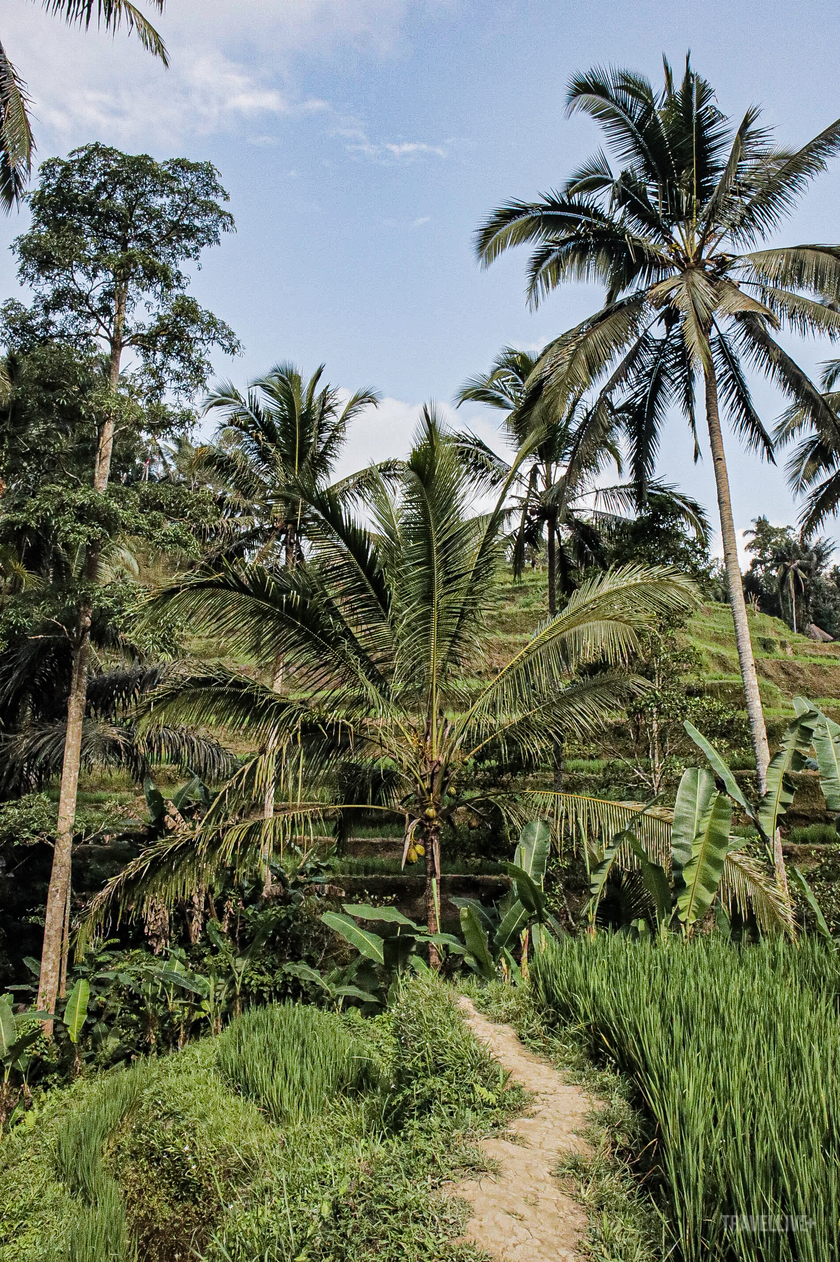
Lush green rice fields in Canggu
About the author:Thinh, a writer specializing in geopolitics and culture, currently lives and works in Ho Chi Minh City. Thinh is a visual storyteller with a documentary style. His stories are personal reflections and experiences from his travels.

 VI
VI EN
EN



